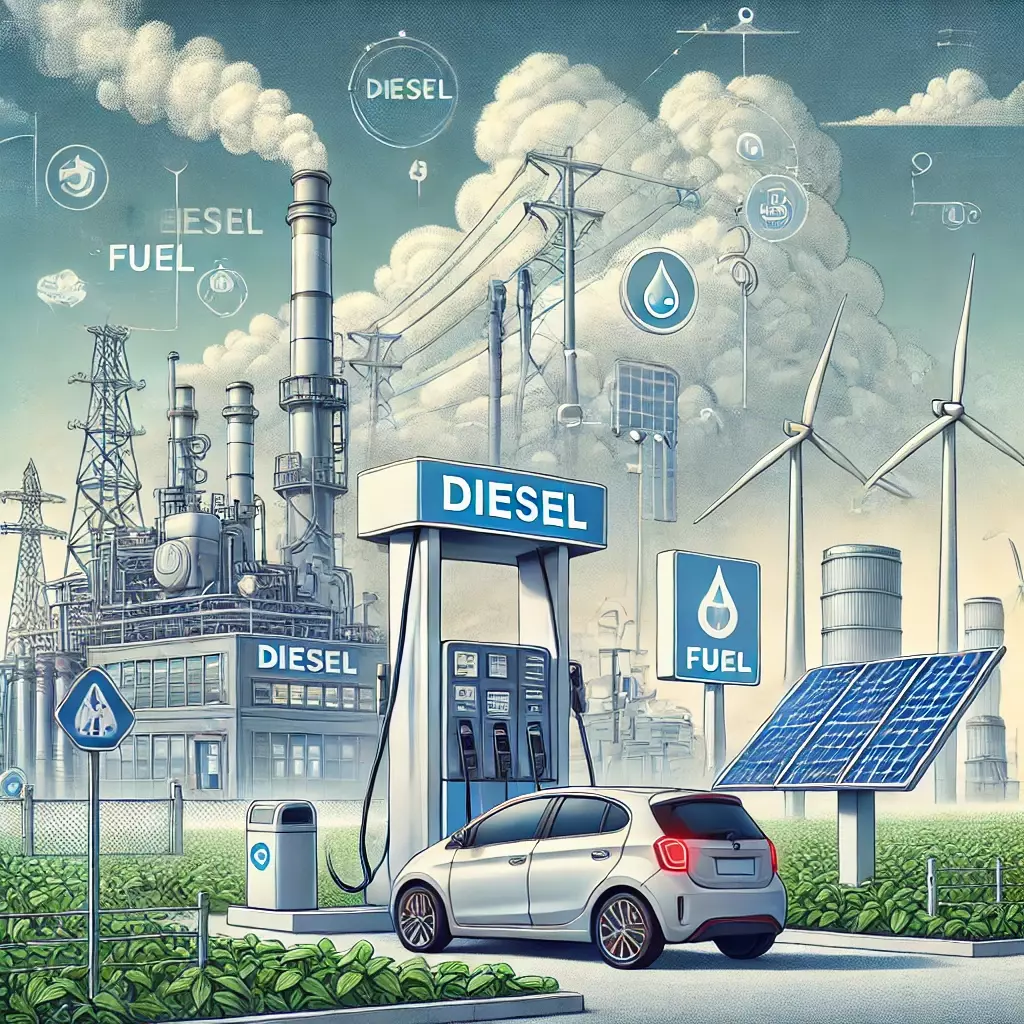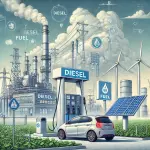Economic Shifts and Market Dynamics
The diesel fuel industry has traditionally been a cornerstone of global economies, powering transportation, agriculture, and industrial sectors. However, recent fluctuations in oil prices, combined with increasing regulatory pressures, have created a challenging environment for diesel producers and consumers. These factors have led to volatility in supply and demand, impacting everything from shipping costs to agricultural productivity.
Environmental Regulations and the Push for Cleaner Energy
One of the most significant drivers of change in the diesel industry is the growing emphasis on reducing greenhouse gas emissions. Governments worldwide are implementing stricter regulations on diesel engines and fuels, aiming to curb pollution and promote public health. These regulations include limits on sulfur content in diesel fuel and emissions standards for vehicles and industrial equipment.
Technological Innovations and Alternative Fuels
In response to these regulatory pressures, the industry is seeing a surge in technological innovation. Cleaner diesel technologies, such as ultra-low sulfur diesel (ULSD) and renewable diesel, are being developed and deployed. These alternatives offer the promise of reduced emissions and better environmental performance. Additionally, advancements in electric and hydrogen fuel cell technologies are providing new pathways for reducing reliance on traditional diesel.
The Impact on Industries and Consumers
These shifts in the diesel fuel industry have wide-ranging implications. For transportation companies, the transition to cleaner technologies may involve significant upfront costs but promise long-term savings and sustainability benefits. For consumers, these changes could mean higher costs for goods and services as industries pass on the costs of compliance and new technologies.
Looking Ahead: The Future of Diesel
The future of diesel fuel is likely to be characterized by continued innovation and adaptation. As the world moves towards a more sustainable energy landscape, diesel will play a crucial role in the transition, either through cleaner versions of the fuel or as a bridging technology to fully renewable energy sources.
Conclusion
The diesel fuel industry is at a crossroads, facing challenges and opportunities in equal measure. The ongoing shift towards cleaner energy and more stringent environmental standards will redefine the industry, impacting everything from global markets to local economies. As these changes unfold, staying informed and adaptable will be key for businesses and consumers alike.
 Español
Español








